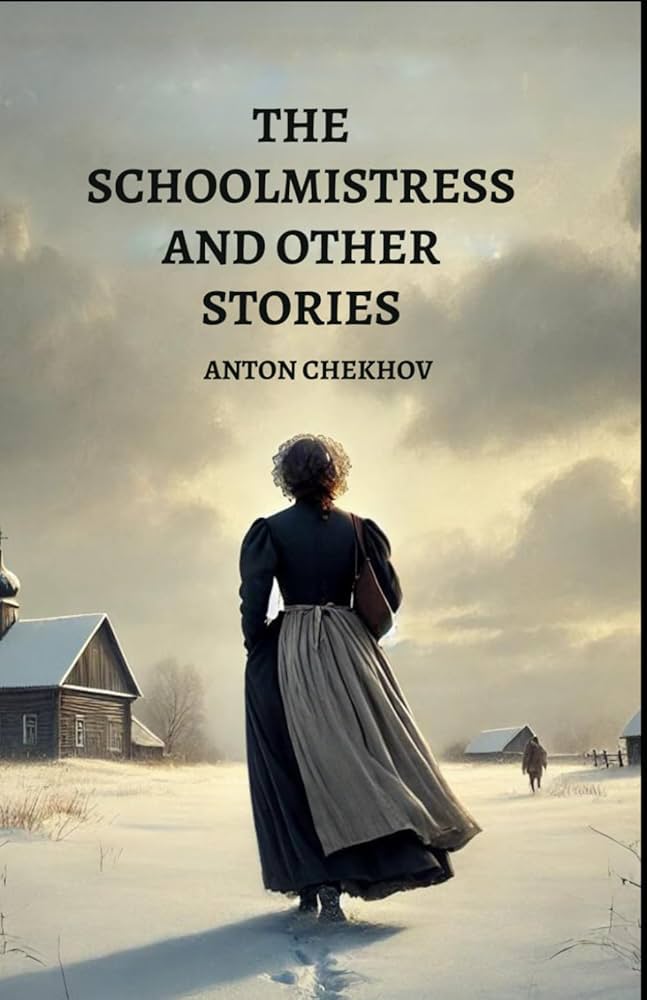THE CATTLE-DEALERS
byThe Cattle-Dealers follows Gavril Malahin and his son Yasha as they undertake a taxing trip to transport cattle across the Russian countryside. Early in the journey, they are already huddled in a cold, confining train van, their boots muddied and their clothing thick with dust from the oxen. Gavril, seasoned in trade, sits with eyes half-shut, more attuned to delays and bribes than to the journey’s discomforts. In contrast, Yasha is restless and dismissive, often looking out with a distant gaze, his expression detached from the business and toil around him. The generational difference is not only one of age but also of engagement. Where the father calculates risk and profit, the son measures inconvenience and boredom, showing how ambition changes from one era to the next. Together, they form a duo bound not by enthusiasm, but by necessity, as they brace for another leg of their weary trade.
As the train inches through each checkpoint, the trip becomes a slow crawl through bureaucratic stagnation and moral compromise. Station masters, instead of facilitating the route, stretch out their hands for bribes with nonchalant authority. Cattle groan in discomfort, hooves slipping in wet straw, while Gavril barters for extra space or quicker passage, sacrificing coin and dignity in equal parts. At times, he mutters threats of complaints, knowing full well no one reads them. Yasha watches with skepticism but offers little help, his youth unmarked by hardship and too proud to pretend otherwise. This dynamic underlines how tradition and experience are undervalued in a world increasingly shaped by cynicism and fatigue. For every station passed, hope diminishes—not for survival, but for justice, which no longer rides these rails.
In towns along the route, other traders tell similar tales—of weight scales tipped unfairly, of wagons held for spite, of cattle dying from stress before sale. Gavril takes it in stride; Yasha seethes with frustration. Despite the older man’s efforts to protect their investment, the numbers rarely add up. The cost of travel eats through the margin of profit, until the journey feels more like slow surrender than commerce. Still, Gavril presses on, treating each mishap as part of the job, refusing to let misfortune define him. He views loss as a shadow that always travels beside money in the trade. Yasha, however, grows more distant with each setback, seeing in every failure a confirmation that their labor has little value in a world ruled by corruption and indifference.
When they arrive at the town, the market offers no comfort. Prices have fallen again, competition is fierce, and weary animals draw little interest from buyers. Gavril is quiet now, counting coins with furrowed brows, calculating what must be sold and what can be saved. Yasha suggests selling the weaker oxen at a loss, eager to end their stay and return home. His father sighs but agrees, knowing this is not a business of pride but survival. The transaction, once the end goal, feels hollow. As the coins change hands, a numbness settles over them. Their work, hard as it was, has yielded little more than exhaustion and lessons too bitter to swallow.
The story doesn’t offer triumph or tragedy, only truth. In Chekhov’s rendering, the railway isn’t just a symbol of travel—it’s a living metaphor for the stalled progress and moral decay of the institutions it connects. Through Gavril’s steadiness and Yasha’s discomfort, we see how systems break not with a bang but through slow erosion, carried out in routine exchanges and unwritten rules. The cattle-dealers endure, not because they are hopeful, but because endurance is their inheritance. Their journey captures the quiet resignation of people who expect little and yet keep moving, a reflection not just of Russia’s logistical dysfunction, but its emotional fatigue. In the final stretch, the reader is left with a powerful truth: sometimes survival is not heroic, but simply necessary.

